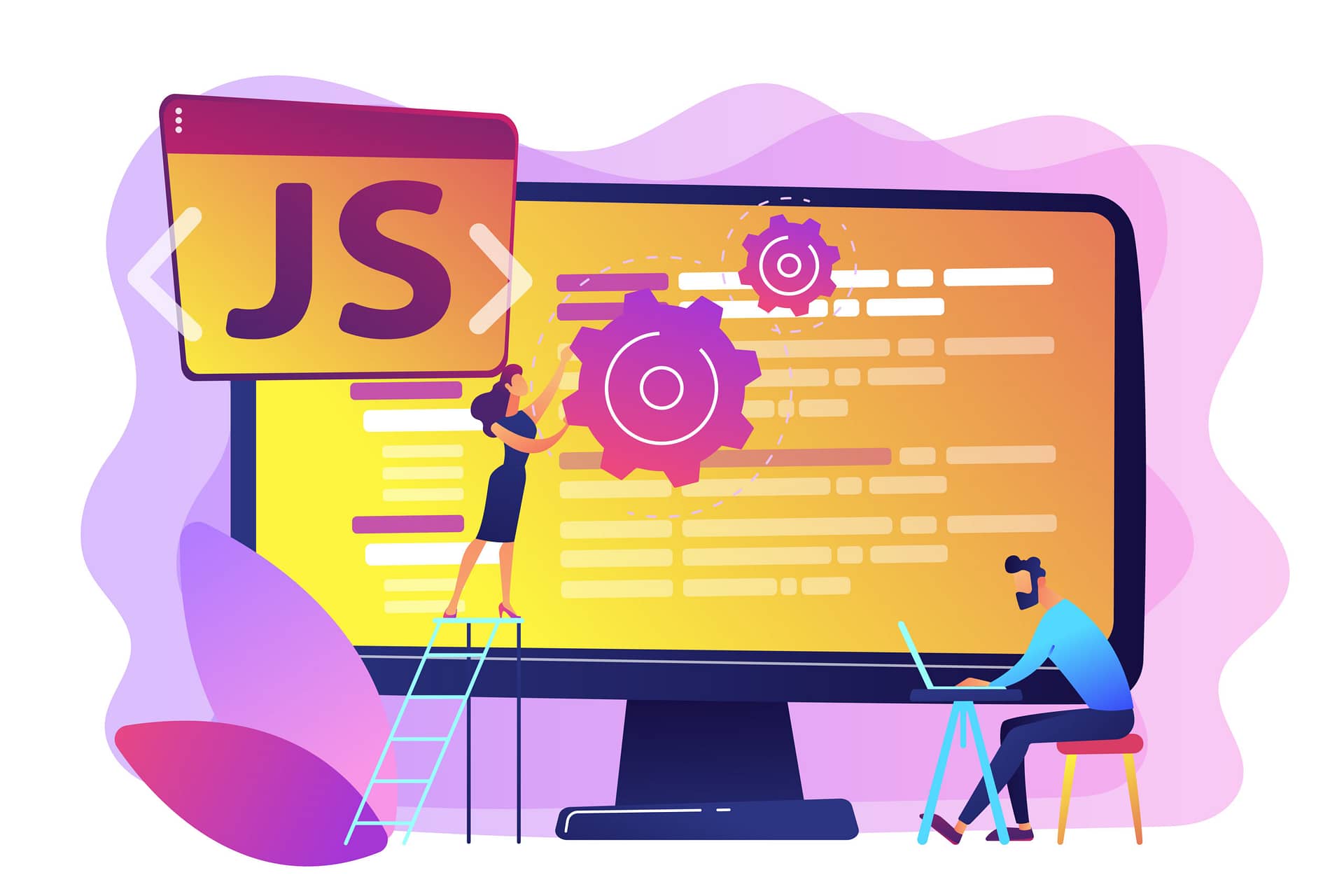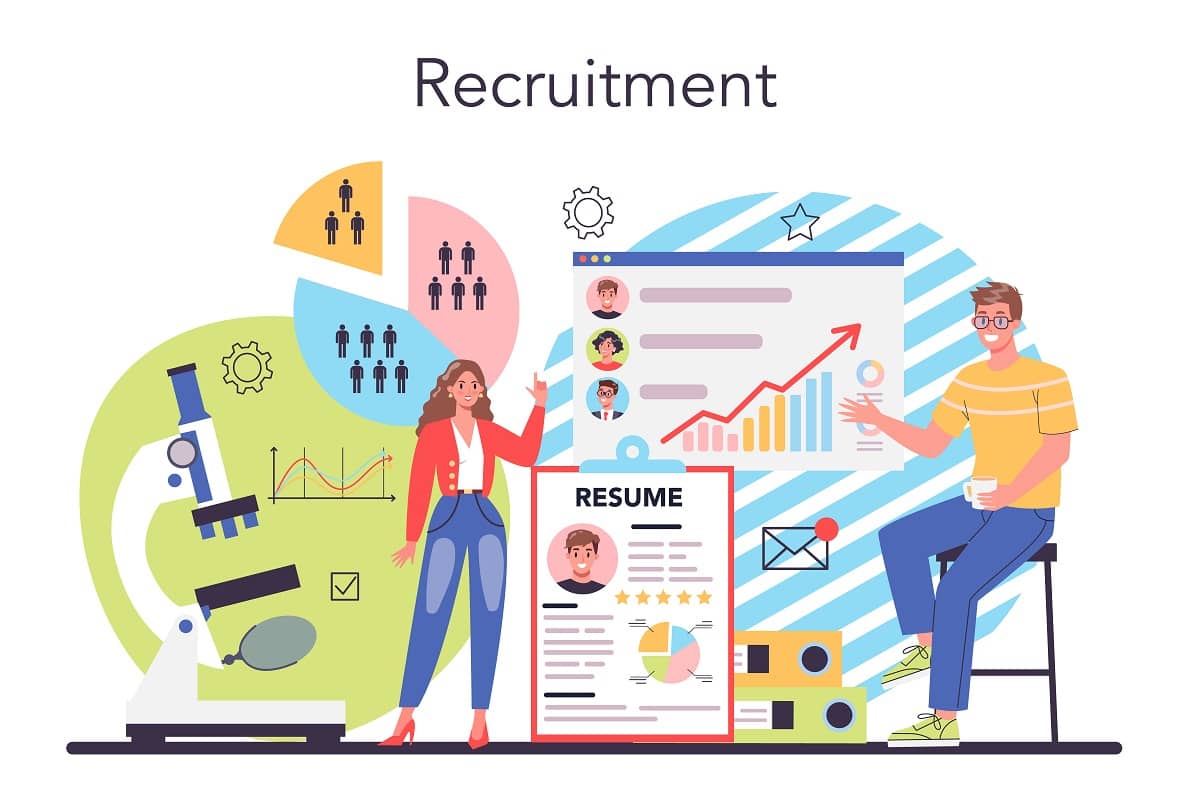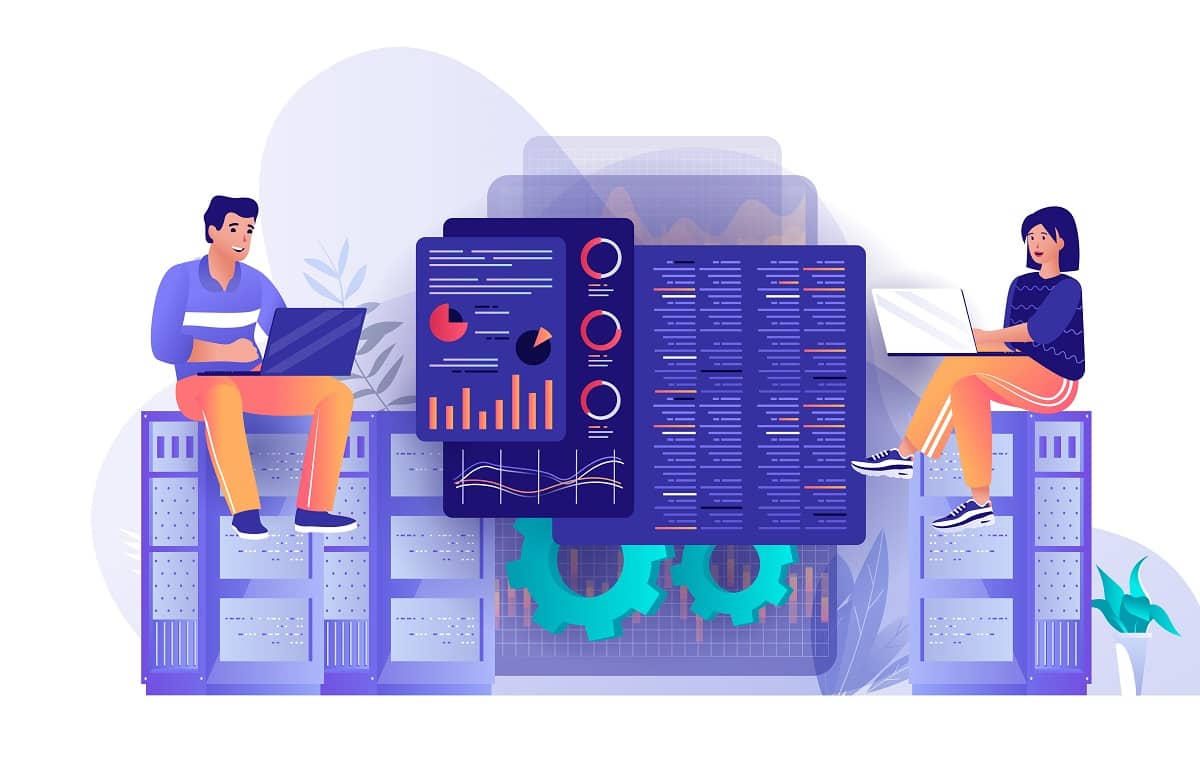Remote Staffing
Don’t Miss These 6 Java Developer Skills While Hiring in 2023
In the ever-evolving world of technology, Java continues to be a popular and widely used...
According to Statista, Global mobile app downloads in 2021 hit 230 billion. Downloading, installing, and using a mobile application might be a cakewalk, but developing one can become challenging. Every day, mobile app developers break their backs trying to figure out the correct database for their applications. The best database can significantly influence the performance of the app.
The ability to handle complex queries, level of security, fast searches, the extent of maintenance, etc., are some parameters you need to assess before finalizing the perfect database. This blog will give you a holistic insight into mobile databases to help ease your decision process in matching the best database with your mobile app requirements.
A mobile app database is an organized collection of structured information and data assets about the users, integral to running a mobile app, stored either on-premise or in the cloud. The database makes the information readily available and accessible from anywhere. The information could include login credentials, consumer behavior, and other data.
The data gets edited and updated by the Database Management Systems (DBMS). DBMS makes it possible to modify, search through, manipulate, manage, and access the right results within the database. All the mobile app data gets sorted and arranged according to a particular logic to help the app access it swiftly without delays.

Data Storage: Essentially you require a mobile app database to store all the necessary data and make it available almost rapidly. The database stores and centralizes large volumes of critical data, plus lets the mobile application read the data and modify the same for future usage.
Searching information: A mobile app database enables systematic storage of all the pivotal information. Arranging and indexing the data correctly makes it easier to search or retrieve the information quickly compared to disparate and disorganized data. Proper storage makes it easier for developers to search and locate the info in a database.
Security: All the stored data is sensitive and can’t be allowed to sit unprotected. A database takes measures to safeguard all the user and business data. The channel to access, transmit, and store the data must stay secure and safe. Both data at rest in a server and data in motion need high levels of authentication and encryption to protect them from unauthorized access.
Detecting errors: A mobile app database is capable of detecting errors, redundancies, and inconsistencies, something that can potentially create conflicts that lead to delays, customer dissatisfaction, and monetary losses. You need to work with clean data that is free of issues and highly reliable to create a frictionless experience on your mobile app.
1. Distributed: The data is stored in remote devices across geographically distant locations. The data sits on multiple computers, through replication or fragmentation, with the fragmentation being horizontal or vertical. This type of database is most common in hotel chains, multimedia apps, and corporate Information systems. The system periodically updates and synchronizes all the data. Plus, any deletes at one location will influence the data stored elsewhere.
2. Centralized: This database is stored, located, and updated in a single location. It is easier to access all the data. Plus, it’s easier to change, re-organize, mirror, and analyze the stored data. The easier data portability and database administration minimizes labor, costs, and extent of maintenance, besides maximizing data integrity and minimizing data redundancy. In a centralized database, it’s harder to retrieve lost data, and high traffic can result in bottlenecks.
3. Relational: Data sitting on one side often shows some degree of relationship with the data on the other side. Data entities can have connections amongst each other, and this requires the need for a relational model. It consists of a primary key, a foreign key, stored procedures, and an index for data management. You would need to specify queries to access tuples (row) and attributes (column) of two or more relations (table). A relational database offers flexibility and reduced redundancy.
4. End-user: The end-user database is generally used to compile critical information about current or prospective customers through cookies, registrations, or sign-ups. End-user databases hyper-personalize your online experience, promotions, and messaging in tandem with your stored information. This database simplifies data storage, extraction, and analysis for quick decision-making, due to all the relevant data sitting against the user’s name.
5. NoSQL: These are non-tabular databases that store data in stores information in JSON documents. Document databases, key-value stores, graph databases, and wide-column databases are all types of NoSQL databases. The flexible schemas, agile development, structures & semi-structured storage, extensive scaling, zero downtime, fast queries, and ease of use make it suitable for several use cases. These are used mainly in the financial, healthcare, and streaming industries.
1. SQLite: SQLite runs on an embedded SQL database engine that is free, self-contained, zero-configuration, and serverless (unlike other SQL databases). The SQL database is complete with several tables, triggers, indices, and views. The cross-platform (Android, iOS, Linux, Mac, Windows, etc.) database provides quality performance even in low-memory environments. Here are some key features:
• Feature capabilities like partial indexes, indexes on expressions, JSON, window functions, etc.
• Tests – Out-of-memory, I/O error, regression, boundary value, fuzz, disabled optimization, etc.
• Backward compatibility with SQL syntax, published interface spec, and database file format
• Supports gigabyte-sized strings and terabyte-sized databases
• SQLite is a C-language library, with bindings for other languages available separately
2. Cloud Firestore: Cloud Firestore is a NoSQL database. It lets you easily store, query, and sync data for your mobile apps. The best part about Cloud Firestore is that it can seamlessly scale with your business for global demands. The database lets you build hierarchies to store data, structure the data, and above all, develop truly serverless mobile apps. Furthermore, Cloud Firestore enables syncing of the data across all devices.
• Robust security base to restrict who can access your sensitive data
• Comes with Firebase Authentication to regulate user authentication
• Google’s storage infrastructure relieves you of managing servers
• Build real-time apps that offer the best collaborative experiences
• Offline mode enables easy changes on iOS and Android, even in the absence of connectivity
3. Amazon DynamoDB: A secure, reliable, fully managed, serverless NoSQL database to optimize costs, backup data, and scale faster for higher workloads. Plus, perform analytics, and achieve high performance on any of your mobile applications. The data import and export tools, in-memory caching, healthy flexibility, and multi-Region replication make sustaining high-data mobile apps more seamless. Here’s everything you stand to get:
• Supports high traffic with the ability to handle millions of queries/second
• Merge and mimic data across several databases in real-time
• Supports flexible schema – each row can take any number of columns at any point
• Supports ACID transactions, Encryption at rest for better security, and Point-in-time recovery
• Kinesis Data Streams to build advanced streaming applications
4. REALM: Realm is a fast, open-source, and scalable mobile database that offers the best and most powerful features to build real-time and reactive mobile apps. Build data-rich native and cross-framework mobile apps with interactive features and update data across multiple devices and users. The Realm database serves as a modern and performant substitute for SQLite.
• Intuitive APIs help to build fast and accelerate time to market
• Supports Swift, Kotlin, React Native, Java, JavaScript, C#, Dart, Flutter, and more
• Object-oriented data model means you get to work directly with native objects
• Offers unmatched performance that syncs data near-instantaneously
• Encrypt and secure the data with AES-256-bit encryption
5. MongoDB: A modern database supporting complex and heavy mobile apps with transactional, search, analytics, and other capabilities. MongoDB lets you build quickly for a faster time to market. You can also scale without compromising performance and ensure high availability with data integrity that meets optimal security and compliance standards. Here are some key features:
• Allows faster app development with a powerful, unified query API
• Offers built-in replication, indexing, sharding, and performance tools
• Ad-hoc queries to adapt and allow flexible real-time analytics
• Correct indexing for better query executions results in improved search speed & performance
• Optimal load-balancing on large-scale databases for your Enterprise app
6. Couchbase Lite: Couchbase Lite is an embedded developer-friendly NoSQL database that ensures your mobile apps are available even offline. The data gets stored when in offline-mode and synchronized with backend data centers when connectivity is restored. Couchbase Lite offers multiplatform support, unparalleled security, and multi-language support.
• Full SQL support and simple-to-use APIs help to develop fast
• Comes with an inbuilt full-text search (FTS) to help create captivating user experiences
• The Predictive Query API helps leverage ML models within your mobile apps
• Build applications in Java, C, JavaScript, and .NET
• Couchbase Lite stores data on secondary storage as a failover mechanism
7. Hive: A cross-platform, high-performance, lightweight, blazing-fast, and powerful NoSQL mobile database that offers the best encryption and zero native dependencies. The Hive database is helpful if you require a convenient and clean key-value database around Flutter without multiple relations that are simple to utilize. It is an offline database that allows users to store data on their devices.
• Hive stores all the data in boxes, and these boxes can contain anything
• Developers can create multiple boxes to organize the data and store sensitive data
• Deleting and reading data is also pretty straightforward
• Hive performs fast in CRUD operations and secures the data using AES-256 encryption
8. Moor: Moor is another flutter-oriented mobile database built on top of SQLite. Moor helps you define models and write queries in a scalable, composable, and maintainable manner. It lets you set more than one primary key. Plus get to set null variables, wherein you allow a field to go empty but allow future additions to the field. Moor works on both Android and iOS.
• The Moor database lets you write queries in Dart and SQL
• Moor provides fluent APIs for both Dart and SQL
• You can define tables using Strings, Integers, Booleans, Doubles, Blobs, etc.
• Moor has cleared several integration and unit tests to ensure high stability and performance
The above list of popular databases may help select the right database, but you need to still factor in the exact requirements and other parameters like latency, caching capability, flexibility, security, performance, and more. The perfect database can flatline your mobile application or help it to scale new heights. Take the time to evaluate, compare, and pick the best mobile app database.
If you need help mobile app development resources for selecting the right database or migrating to another one, get in touch with our talent experts. With BorderlessMind, you can streamline the operations without sacrificing quality, if you choose the correct business with in-depth knowledge and experience offering the best mobile app development resources. In turn, you create an app which meets your requirements, gets developed within the allocated budget, and meets all your desired goals.

In the ever-evolving world of technology, Java continues to be a popular and widely used...

Remote work has been around for a while, but the COVID-19 pandemic accelerated its adoption....

Introduction: Case 1: In 2016, Ravi was a college dropout, and his decision to drop...

While degree-based hiring has been the traditional approach, the latest trend in IT recruitment is...

As per Glassdoor Data Engineering ranked in the top 15 of “50 Best Jobs in...

Global advances in technology are increasing the demand for skilled IT professionals at an exponential...

As the trend towards a remote working setup continues to grow, managing such teams has...

Outsourcing IT services has become increasingly popular among companies and business owners looking to expand...

According to Statista, the global mobile app revenue was estimated to be $581.9 billion in...